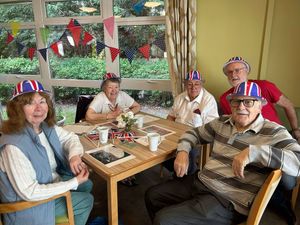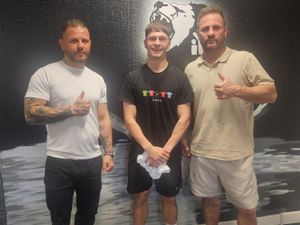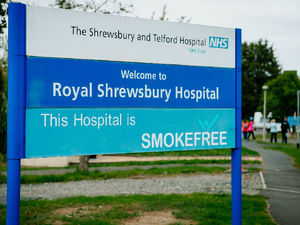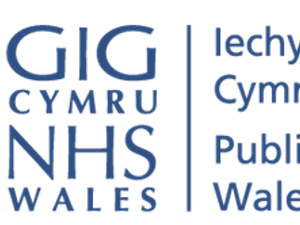Science helps Shropshire couples with dreams of childbirth
For most couples wanting to start a family, the whole process comes quite naturally. But for the unfortunate few, natural pregnancy is not possible – and that is where science takes over.
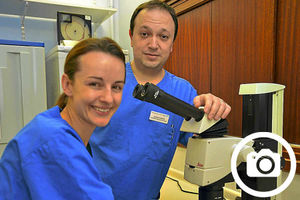
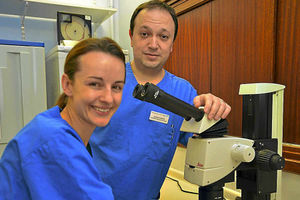
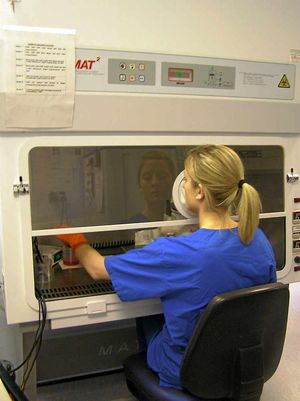
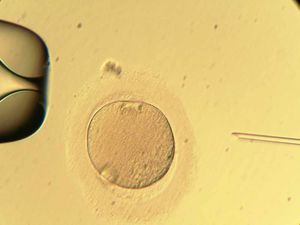
Jason Kasraie is a consultant embryologist and fertility services manager at the Royal Shrewsbury and Princess Royal hospitals.
Although he describes what he and his team do as "relatively straightforward", it can have a huge impact on the lives of their patients.
"We tend to be the ones that have a lot of patient contact and we have relatively high levels of responsibility," says Jason. "We work in partnership which involves the medical team, gynaecology and embryology to help patients achieve pregnancy.
"It is not always IVF that is necessary. Sometimes there can be more simple treatments."
Those treatments range from artificial insemination, which involves directly inserting sperm into a woman's womb, through to IVF, where an egg is surgically removed from the woman's ovaries and fertilised with sperm in a laboratory.
"It is a day-to-day procedure now," says Jason. "It is very special in that we can produce a baby from it, but the actual process is fairly routine."
So specialised has the field become that sometimes just one sperm is needed for a pregnancy.
Jason says: "There is a procedure called intra-cytoplasmic sperm injection, which involves injecting just one sperm into an egg in order to fertilise it.
"There have been a few cases where just one sperm and one egg have produced a pregnancy.
"This is particularly helpful when you are dealing with male infertility."
About 500 couples a year benefit from fertility treatment in Shropshire.
"Patients speak to the medical team and come up with a plan, we take them through the process. They won't see an embryologist until they are ready to be treated," Jason explains.
"A large part of my job is research and development. It is a very fast moving field and a lot of my work involves us bringing in new techniques to help patients.
"One of the things that motivates me is that we are continually trying to improve and develop those processes. If you look at how we have improved over the last 20 years, when there was about a 15 to 20 per cent success rate for each time a couple tried. Now nationally it is much higher. In Shropshire for women under 35 the success rate is 45 per cent.
"It is an exciting time for us. Healthcare science is moving very quickly. Healthcare training has been established for my profession for a couple of decades but now other healthcare science professions are also developing better career and training pathways.
"I see patients every day, but in general healthcare scientists tend to be forgotten as important in the key element of patient care.
"About 80 per cent of diagnosis are done by healthcare scientists and often the patient never sees them. When people talk about the NHS quite rightly they talk about doctors and nurses but it is important to remember there is a significant number of other professionals behind the scenes."
And Jason knows just how important his work is to his patients.
"People underestimate the drive to have children," he says."Once you cross that line and decide you want to have a child you are on a rollercoaster. Only one in six couples need help but even for those that don't, trying for three to six months can be quite stressful.
"If you multiply that by the years that some have tried before coming to us, you get some idea of the pressure.
"We are fulfilling a life need if you look at it in purely scientific or Darwinian terms. Funnily enough, none of the couples we help complain about sleepless nights when they have a baby."

